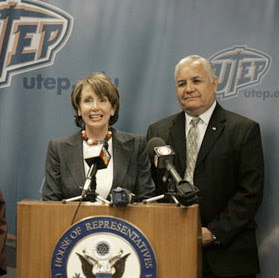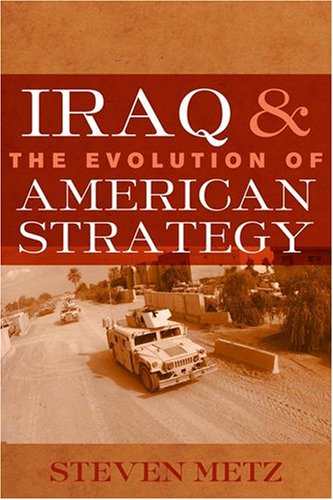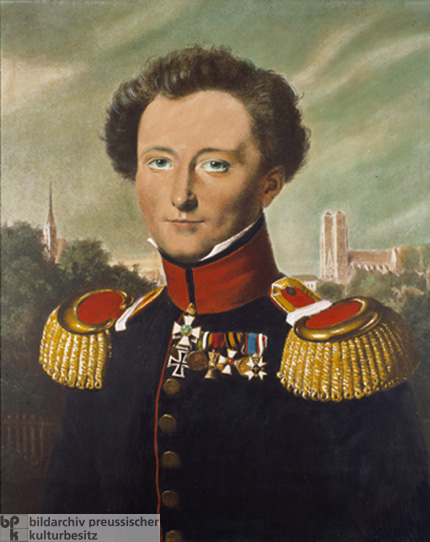Dems Proposing Bad Covert Ops Oversight Rules to Make Leaking Easier
Saturday, July 11th, 2009The left wing of the left wing of the Democratic Party has long been hostile to America’s intelligence community, a position that goes back to the Cold war and is rooted in political opposition to American foreign policy, particularly anticommunist policies. The latest feuding between Speaker Nancy Pelosi and the CIA are the distracting and meaningless atmospherics that cover the substantive manuvering that goes on behind closed doors over the direction of American foreign policy.
Democrats are now moving, through the use of proposed changes to the technical language on the statute governing executive branch notification of covert operations, to tie the hands of the president and move that power to every member of the two intelligence  committees ( vastly enlarging the number of people who know the details of highly sensitive, ongoing, covert operations). This proposal was initiated by Chairman of the House Permanent Select Committee, Rep. Silvestre Reyes (D-TX), a close political ally of Speaker Pelosi:
committees ( vastly enlarging the number of people who know the details of highly sensitive, ongoing, covert operations). This proposal was initiated by Chairman of the House Permanent Select Committee, Rep. Silvestre Reyes (D-TX), a close political ally of Speaker Pelosi:
Sensitive Covert Action Notifications: Oversight Options for Congress
Legislation enacted in 1980 gave the executive branch authority to limit advance notification of especially sensitive covert actions to eight Members of Congress-the “Gang of Eight”-when the President determines that it is essential to limit prior notice in order to meet extraordinary circumstances affecting U.S. vital interests. In such cases, the executive branch is permitted by statute to limit notification to the chairmen and ranking minority members of the two congressional intelligence committees, the Speaker and minority leader of the House, and Senate majority and minority leaders, rather than to notify the full intelligence committees, as is required in cases involving covert actions determined to be less sensitive.In approving this new procedure in 1980, during the Iran hostage crisis, Congress said it intended to preserve operational secrecy in those “rare” cases involving especially sensitive covert actions while providing the President with advance consultation with the leaders in Congress and the leadership of the intelligence committees who have special expertise and responsibility in intelligence matters. The intent appeared to some to be to provide the President, on a short-term basis, a greater degree of operational security as long as sensitive operations were underway. In 1991, in a further elaboration of its intent following the Iran-Contra Affair, Congressional report language stated that limiting notification to the Gang of Eight should occur only in situations involving covert actions of such extraordinary sensitivity or risk to life that knowledge of such activity should be restricted to as few individuals as possible.In its mark-up of the FY2010 Intelligence Authorization Act, the House Permanent Select Committee on Intelligence (HPSCI) eliminated the Gang of Eight statutory provision, adopting instead a statutory requirement that each of the intelligence committees establish written procedures to govern such notifications. According to Committee report language, the adopted provision vests the authority to limit such briefings with the committees, rather than the President. In approving the provision, the Committee rejected an amendment that would have authorized the Committee Chairman and Ranking Member to decide whether to comply with a presidential request to limit access to certain intelligence information, including covert actions. The rejected provision stipulated that if the Chairman and Ranking Member of each of the intelligence committees were unable to agree on whether or how to limit such access, access would be limited if the President so requested. (Emphasis added by AT)
With Congress considering a possible change, this memorandum describes the statutory provision authorizing Gang of Eight notifications, reviews the legislative history of the provision, and examines both the impact of such notifications on congressional oversight as well as options that Congress might consider to possibly improve oversight.
[emphasis mine]
The point behind this move is to deter the executive branch from using overt ops in the first place, which suits the objectives of members of Congress philosophically opposed to the IC and historic US foreign policy, but it does not actually *improve* Congressional oversight of the IC. The recent and future loud charges by House Democrats against the CIA are designed to justify this quiet power grab.
These proposed changes are designed to create a situation of arbitrary, conflict-ridden, uncertain yet expanded oversight of covert operations as the House and Senate Committees are likely to write different rules for their members and to disagree on breadth of notification. More people would have knowledge of very sensitive operations (we have to add staffers and key aides told by MoC against disclosure rules) with far less of the accountability for leaks by keeping notification to the “gang of eight”.
It will be much easier for any one member to kill any operation they disapprove of by leaking it with little fear of being caught and needing to make a political defense of their position on the covert operation. Even if a member of Congress is identified as having leaked information about a secret intelligence operation, the chances of being disciplined by the House or Senate are minimal unless the member is highly unpopular with their own party leaders or is enmeshed in another scandal and, thus, disposable. Forget being prosecuted, that will never happen.
No good intentions here, which is why this change was shrouded in committee obscurity by liberal Democratic House leaders rather than shouted by them at a high profile press conference.
Hat tip to AnalyticType.

 impressed at the time by On War; my real interest then was Cold War diplomatic history and I paid far greater attention to Marx. To me, Clausewitz was a turgid writer, another Germanic pedant, though an important one for his contribution to strategy. I never developed any particular dislike for him either, since military affairs wasn’t a priority and I stuck Clausewitz on my shelf and ceased to give him much consideration thereafter. Other philosophers and thinkers seemed to be more relevant.
impressed at the time by On War; my real interest then was Cold War diplomatic history and I paid far greater attention to Marx. To me, Clausewitz was a turgid writer, another Germanic pedant, though an important one for his contribution to strategy. I never developed any particular dislike for him either, since military affairs wasn’t a priority and I stuck Clausewitz on my shelf and ceased to give him much consideration thereafter. Other philosophers and thinkers seemed to be more relevant.


